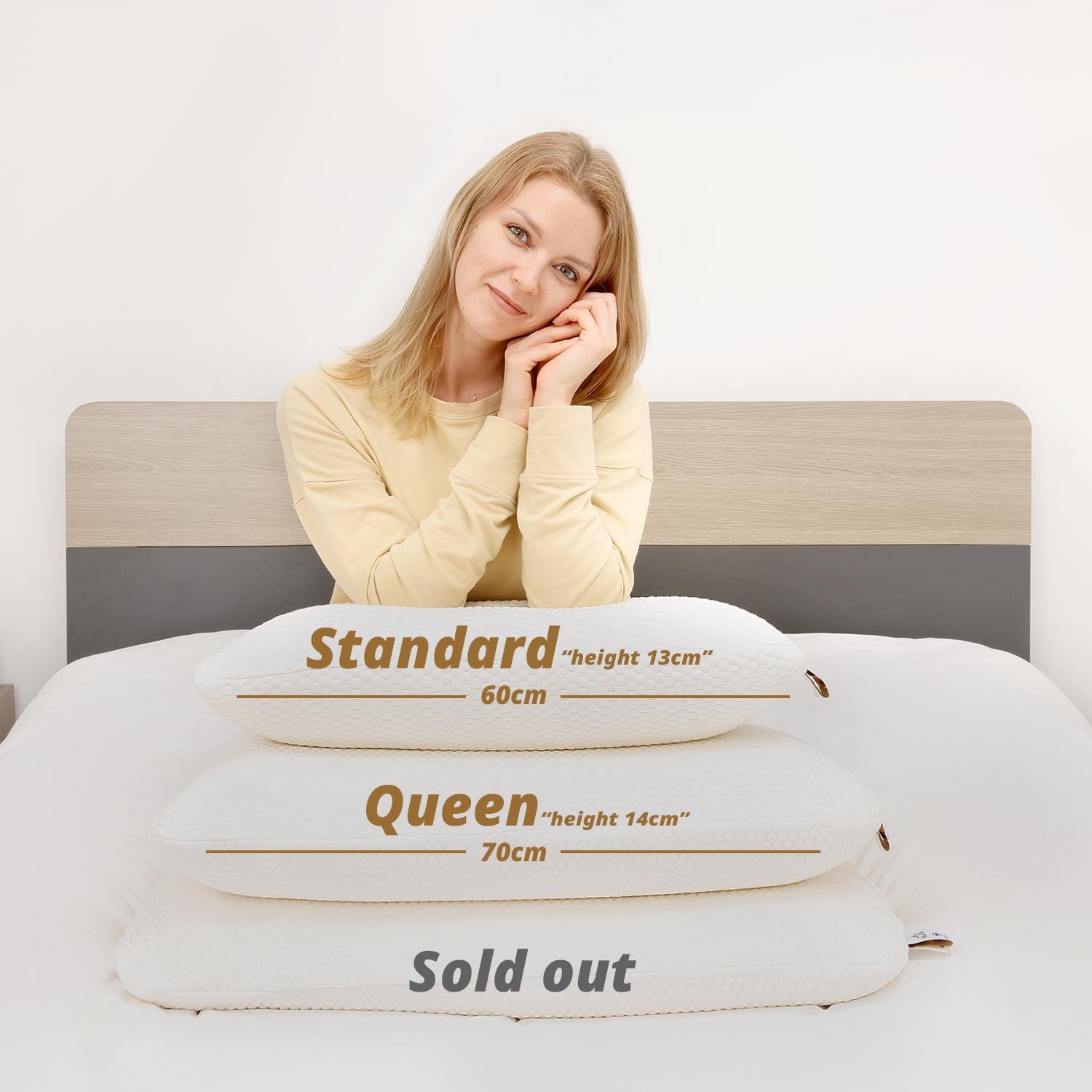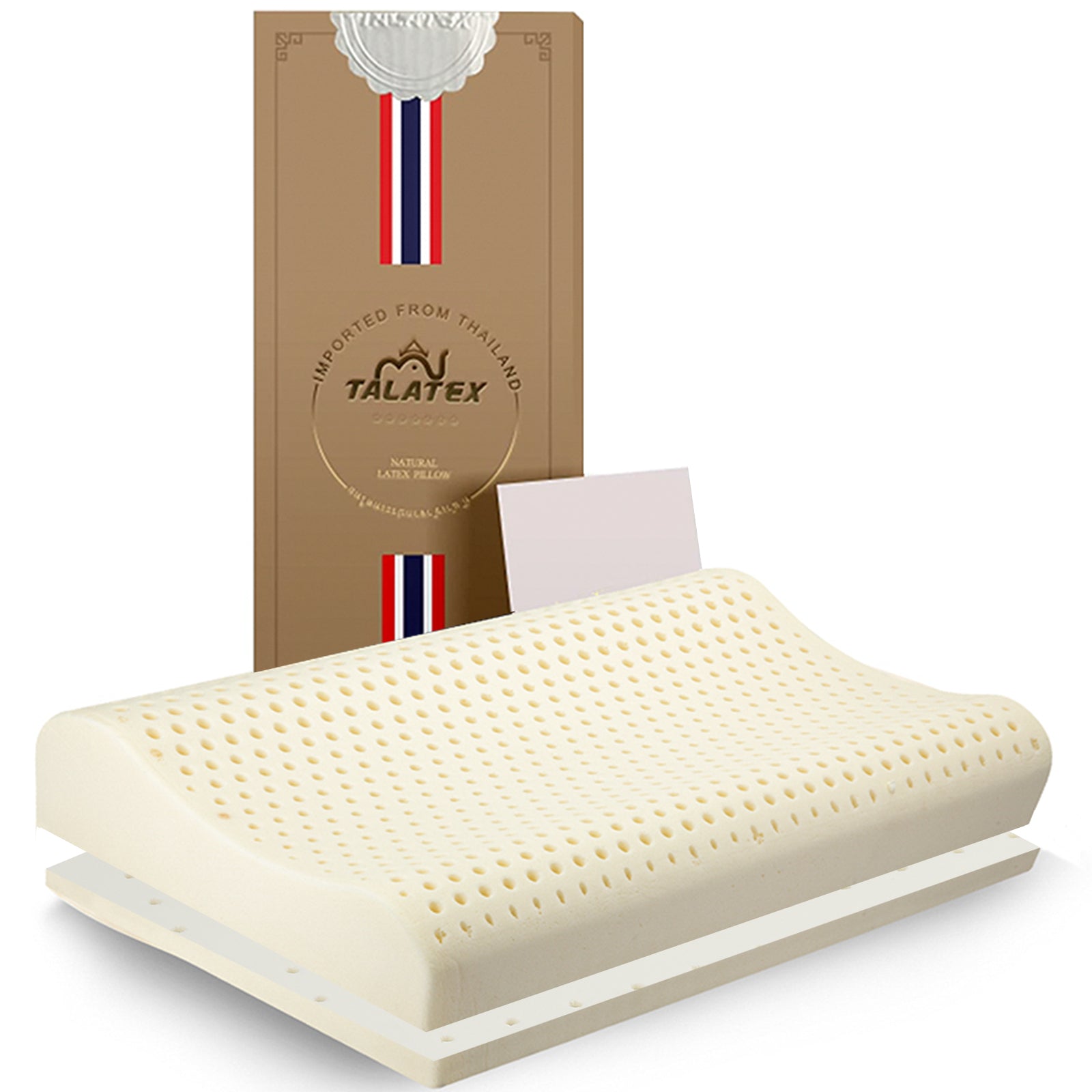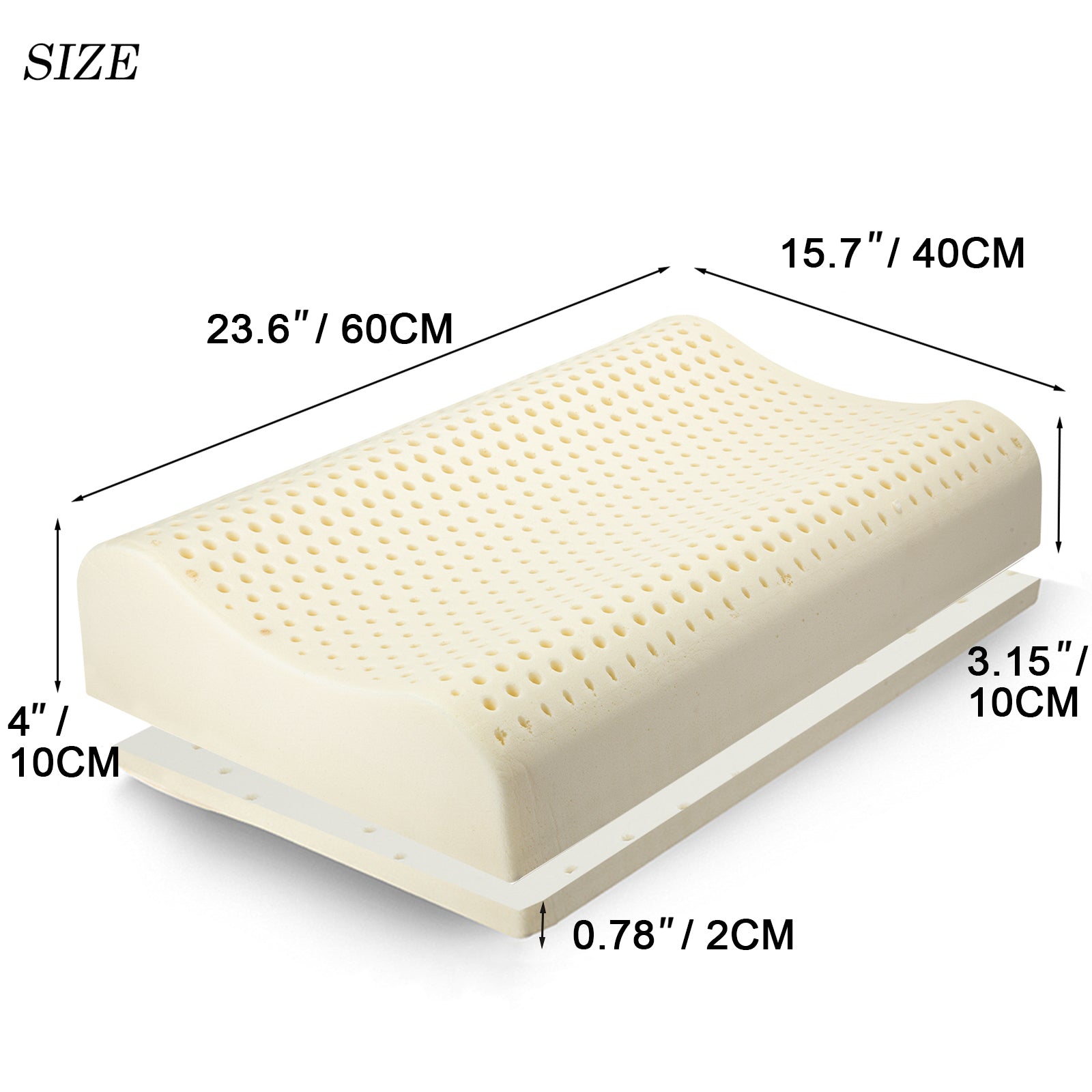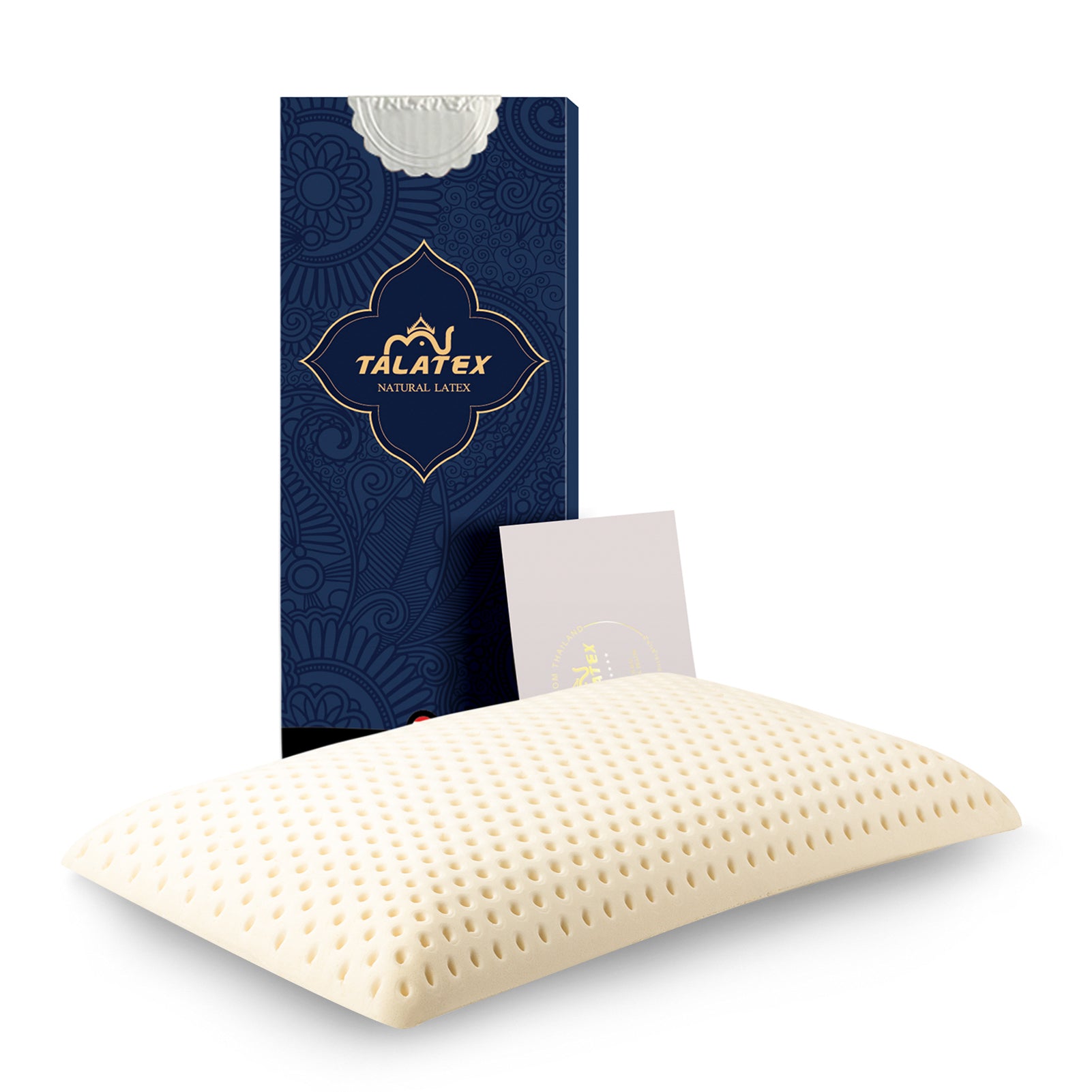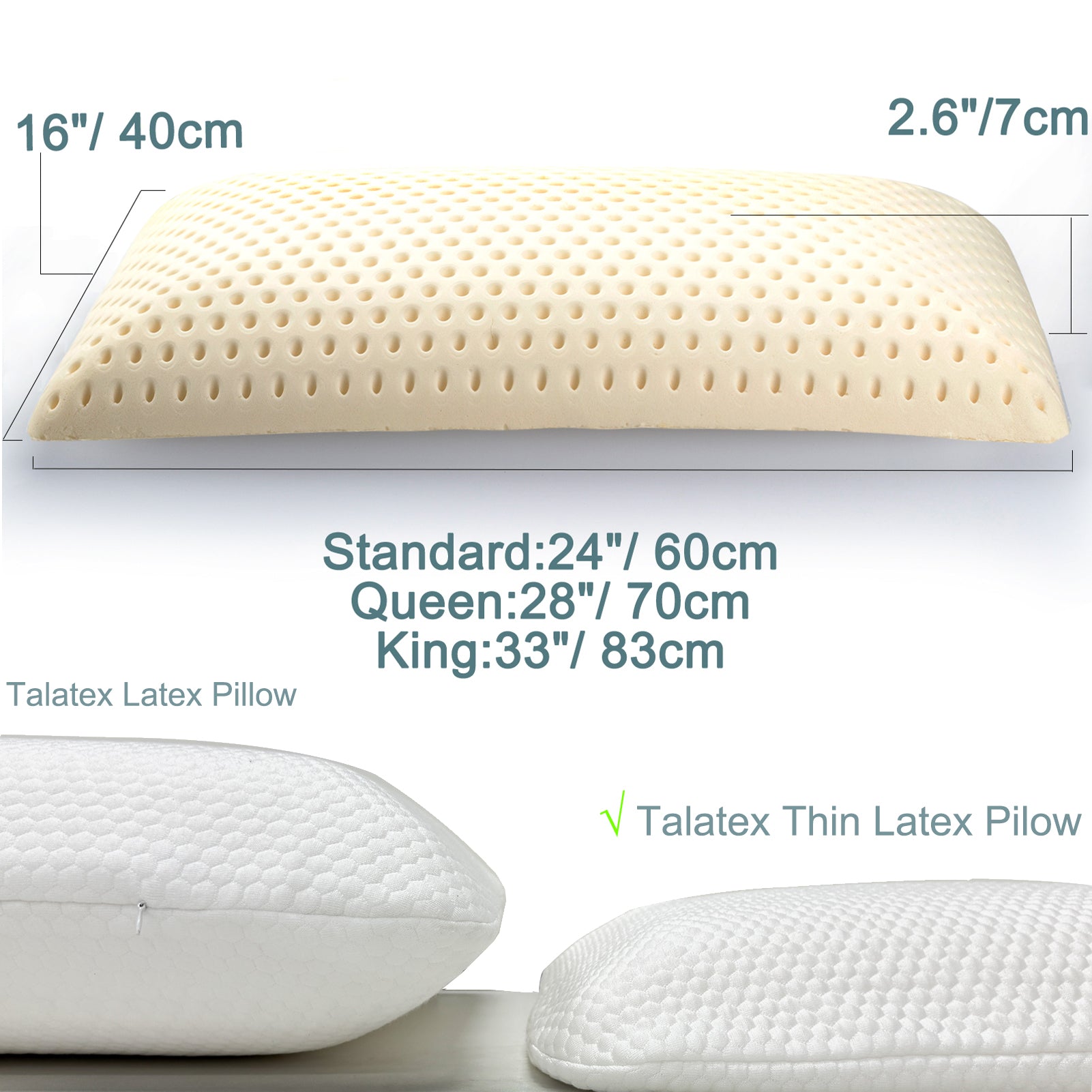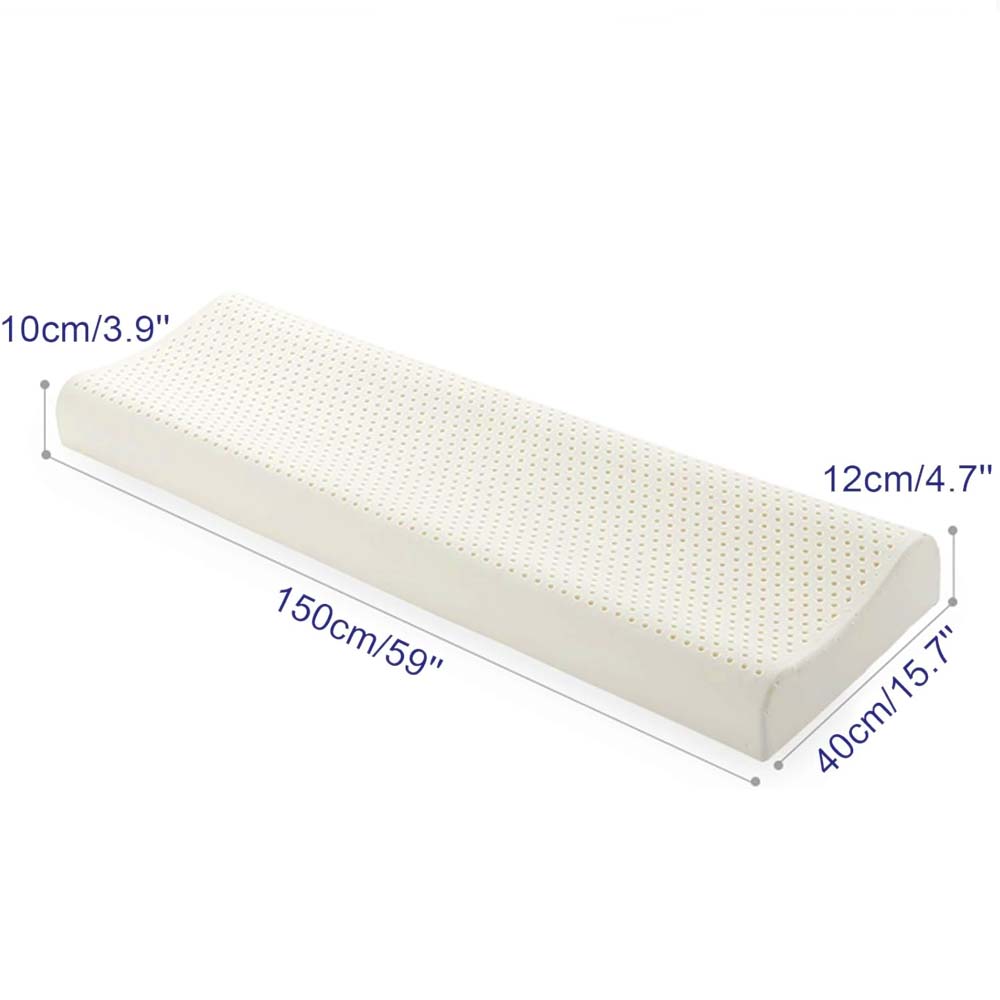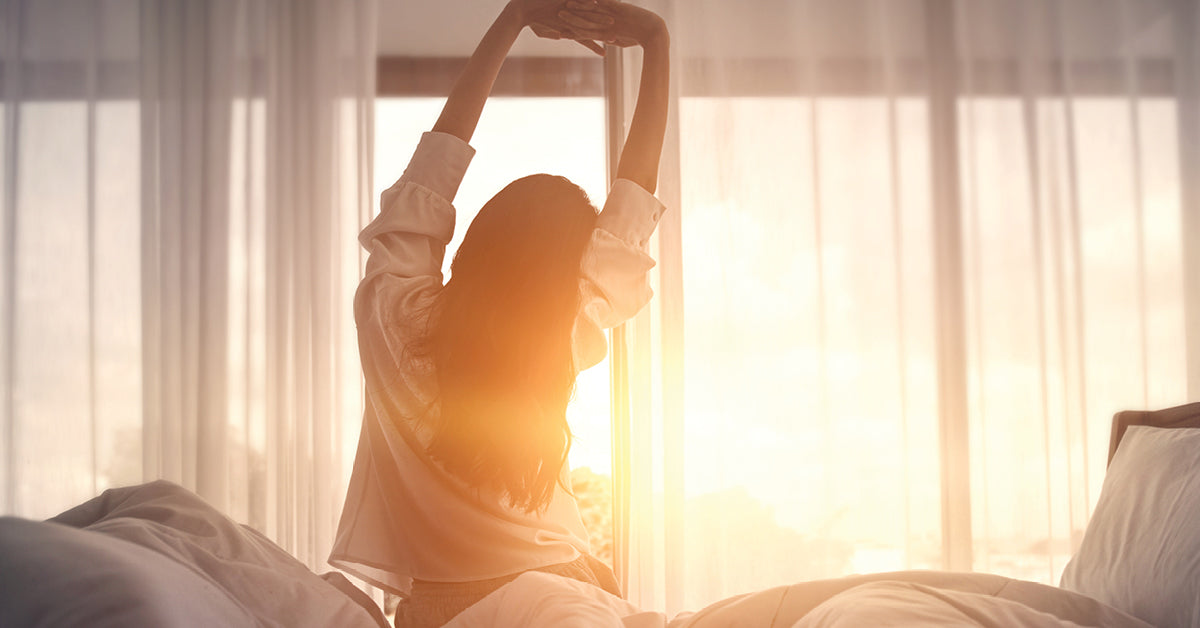Proper exercise, talk with family, good friend, read book, if some disease affect sleep quality, beside ask for doctor, here we give some helpful advice too.
*This article is for informational purposes only and is not intended as medical professional advice. The links in this article are some of the information that we believe to be helpful, obtained by Talatex's active search. Talatex has not independently verified the source of the information.
The golden years can be the best times for a person's life, most people wish to enjoy happy life with family in elder time, seniors have the opportunity to enjoy their time with family and friends while make them feel very happy.
It is everyone's dream to spend their old age peacefully. The old age time with family members is the best time in one's life, especially walking, eating, chatting and relaxing with grandchildren's family members is normal people source of happiness.
The premise of enjoying these good times is that you wake up from sleep every day in a good state of energy.
But inevitably, aging of the body comes with changes against sleep quality, and this happens because our circadian rhythms, or internal clocks, begin to change as we age. The result is that you may spend the time watching TV when you were young, and you usually fall asleep when you see it. Instead, in the middle of the night, you wake up so excited that you can't sleep.
Here's what you need to know in order to stay healthy and stay awake throughout the day. This guide outlines some of the most common and least common sleep disorders that can occur as you age, along with solutions and resources for how to deal with them.
Remember: the advice of your professional doctor is also very important in understanding how to adapt to the new sleep cycle.
*This article is for informational purposes only and is not intended as medical professional advice. The links in this article are some of the information that we believe to be helpful, obtained by Talatex's active search. Talatex has not independently verified the source of the information.
The golden years can be the best times for a person's life, most people wish to enjoy happy life with family in elder time, seniors have the opportunity to enjoy their time with family and friends while make them feel very happy.
It is everyone's dream to spend their old age peacefully. The old age time with family members is the best time in one's life, especially walking, eating, chatting and relaxing with grandchildren's family members is normal people source of happiness.
The premise of enjoying these good times is that you wake up from sleep every day in a good state of energy.
But inevitably, aging of the body comes with changes against sleep quality, and this happens because our circadian rhythms, or internal clocks, begin to change as we age. The result is that you may spend the time watching TV when you were young, and you usually fall asleep when you see it. Instead, in the middle of the night, you wake up so excited that you can't sleep.
Here's what you need to know in order to stay healthy and stay awake throughout the day. This guide outlines some of the most common and least common sleep disorders that can occur as you age, along with solutions and resources for how to deal with them.
Remember: the advice of your professional doctor is also very important in understanding how to adapt to the new sleep cycle.
*This article is for informational purposes only and is not intended as medical professional advice. The links in this article are some of the information that we believe to be helpful, obtained by Talatex's active search. Talatex has not independently verified the source of the information.
The golden years can be the best times for a person's life, most people wish to enjoy happy life with family in elder time, seniors have the opportunity to enjoy their time with family and friends while make them feel very happy.
It is everyone's dream to spend their old age peacefully. The old age time with family members is the best time in one's life, especially walking, eating, chatting and relaxing with grandchildren's family members is normal people source of happiness.
The premise of enjoying these good times is that you wake up from sleep every day in a good state of energy.
But inevitably, aging of the body comes with changes against sleep quality, and this happens because our circadian rhythms, or internal clocks, begin to change as we age. The result is that you may spend the time watching TV when you were young, and you usually fall asleep when you see it. Instead, in the middle of the night, you wake up so excited that you can't sleep.
Here's what you need to know in order to stay healthy and stay awake throughout the day. This guide outlines some of the most common and least common sleep disorders that can occur as you age, along with solutions and resources for how to deal with them.
Remember: the advice of your professional doctor is also very important in understanding how to adapt to the new sleep cycle.
Sleep Problems in the Elderly
If you find that your sleep gets a bit worse recently, don't be alarmed. One study found that 44 percent of older adults experience insomnia-like symptoms at least once a week. That means many older adults don't get deep REM sleep -- the kind of sleep that's as effective at recharging our energy for the next day as a quick battery charge.
It is worth noting that insomnia is definitely not the only disease that interferes with sleep, although it will gradually become a major factor affecting sleep quality as we age. Based on our professional medical readings, we've compiled a list of some common sleep disorders that can lead to poor night's rest as we age.
Sleep Apnea
One of the more serious sleep disorder than insomnia is sleep apnea , which causes you to stop breathing suddenly and uncontrollably while you are asleep. Divided into central type, obstructive type and complex type, the symptoms of the three are similar, including the following specific symptoms:
- Loud snoring
- Waking up in the middle of the night with dry mouth and nausea feeling, make you hard to sleep again
- Waking up gasping for breath
- Apnea during sleep, but you don't know it, you will only know it when your partner reminds you
How is sleep apnea treated? It is difficult to treat sleep apnea by improving the ordinary sleep environment. We recommend that you go to ask a professional doctor and listen his professional medical advice, and then cooperate with some of our suggestions in sthis article to obtain better therapeutic effects.
Restless legs syndrome
Restless Leg Syndrome (RLS) refers to the unbearable discomfort in the deep part of the calf during rest, which can be temporarily relieved by exercise and massage, also known as "restless limb syndrome". As early as 1672, the British doctor Thomas Willis first Describes restless legs syndrome, also known as Ekbom syndrome, whose clinical manifestations are usually extreme discomfort in the lower extremities during nighttime sleep, forcing the patient to constantly move the lower limbs or walk on the ground, resulting in severe sleep disturbance in the patient . Although the disease is not life-threatening, it seriously affects the quality of life of patients. Epidemiological data show that its prevalence rate is 1% to 10% of the total population. Statistics show that the prevalence rate of this disease has obvious regional and ethnic differences. For example, the prevalence rate in the Asian population is estimated at 1.2. % to 5%, no matter what ethnicity, this disease is more common in middle-aged and elderly people.
A key indicator of RLS is an uncomfortable feeling in the legs, which can be alleviated by shaking the legs. These feelings may include:
- Throbbing
- Traction
- Crawl
- Pain
If you experience any of the above symptoms, please consult your doctor for professional treatment and advice, as these symptoms may worsen with age, making sleep more difficult. And these uncomfortable feelings may also be potential features of other more serious diseases, so we strongly recommend that you consult your professional doctor immediately if you have the above symptoms.
In addition to medication, your doctor may recommend self-care options such as yoga, regular stretches, and massage to help relieve nighttime discomfort.
Delayed sleep syndrome
In life, such people are usually called night owls, but researchers now believe that those who cannot fall asleep at night are actually patients with delayed sleep syndrome (DSPS), which is common in young adults too. It can get worse with age, and it can even get so severe that it seriously interferes with daily life.
People with DSPS often cannot fall asleep until after midnight and have extreme difficulty waking up in the morning. Although the overall sleep time is the same as that of ordinary people, and they will feel energetic after waking up, this will seriously interfere with the things that patients should do during the day.
You can try to change your sleep schedule, and do some favorite sports during the day to consume your energy, so that the tiredness you get before going to bed can help you fall asleep earlier and normally. You can also improve your sleep by remodeling your bedroom to provide a better environment for sleeping - such as changing to softer pillows , a clean duvet cover , and a mattress which have right hardness. If that doesn't work, see a medical professional who may have some clinical options to alter your circadian rhythm.
Narcolepsy
Narcolepsy will make some people suddenly feel sleepy at any time, they can not help to open their eyes, and the extreme sleepiness makes them uncontrollable, and they can even fall asleep standing or sitting. Especially when driving while holding the steering wheel, sudden drowsiness will put the driver in an extremely dangerous state.
In general, the brains of people with narcolepsy are deficient in hypocretin (the chemical that regulates REM sleep), and narcolepsy can make daily life extremely difficult—especially when most activities occur in older adults during the day. It can make it harder to fall asleep at night because it alters your circadian rhythm, causing you to sleep during the day when you should be active.
Symptoms of narcolepsy include:
- Sudden loss of muscle control – individual may exhibit slurred speech or muscle weakness for a short period of time
- Sleep paralysis
- Hallucinations before falling asleep
As scary as it may seem, narcolepsy is a chronic and widespread disorder. Common treatments include different types of stimulants or REM sleep suppressants, which regulate sleep patterns. But we suggest that you better consult your doctor, because self-righteous medication often makes you ignore the damage to your health caused by the side effects of the drug.
In addition, self-care measures that can help narcolepsy include talking to those around you to feel safe, taking short naps intermittently, avoiding alcohol and sedative-like drugs, and more.
Insomnia
Insomnia is perhaps the most well-known factor affecting sleep quality in older adults. Statistics show that 39 percent of older adults say they wake up multiple times during the night and have trouble falling asleep after waking up, which is even more common for people over 65. There are two types of insomnia: acute and chronic. Acute, short-term insomnia may be caused by stressful or traumatic experiences. Chronic insomnia may be caused by a mental health disorder, medication, or an underlying medical condition.
Symptoms of insomnia include:
- Cranky thoughts after lying down
- Clearly sleepy, but excited
- May be clearly sleepy but depressed
- Having difficulty falling asleep and waking up unable to fall asleep again
Especially as we age, reductions in our daily activities, changes in sleep patterns and increased intake of medications can all lead to more serious medical conditions. That's why it's important to monitor your sleep habits and watch for any changes that may lead to a tendency to insomnia.
In addition to following your doctor's advice, regular exercise is a great way to combat insomnia. Not only does exercise keep you fit, but regular activity gives your body just the right amount of fatigue to make sleep a pleasurable event rather than a painful one.
Common Causes of Sleep Problems
Although it is difficult to summarize the root cause of sleep problems in the elderly, the following things in life are often important reasons for sleep problems:
Lack of exercise: Because of the decrease in hormone secretion and the disappearance of body lightness, most elderly people will become less and less active in exercise, which makes it difficult for the body to experience the comfortable tiredness after exercise, and this tiredness Feelings often play an important role in your sleep cycle, and this feeling of tiredness can make it easier for you to fall into deep sleep when you should be sleeping.
Disturbance of sleep by drug treatment of other common geriatric diseases: With the growth of age, many common geriatric diseases will trouble some elderly people, so that they accept long-term drug treatment, and the side effects of some drugs will affect the sleep of the elderly. Therefore, if you have a serious sleep disorder, please mention this to your doctor every time you prescribe medicine, and try to ask him to prescribe medicines that will not interfere with your sleep.
Stress and anxiety: After two years of life, the pressure of work will disappear, but worries about one's own health, worries about the relationship with children, the stimulation of the death of peers around the same age, deteriorating body functions and memory, etc. People live with stress and anxiety that make it impossible to sleep. It is recommended that you chat with friends around you, consult a doctor, pick up the hobbies you loved when you were young, or develop a new beneficial hobby such as fishing, reading, listening to music, cooking, yoga, etc., and devote yourself to these hobbies. Both are very beneficial to divert your brain's attention from the stresses just mentioned, so that you can forget about the inconveniences of old age and let you enjoy your old age more happily.
Altered sleep cycles: As we age, we sleep less overall and we go to bed and wake up earlier. Keep this precious gift of life well, and don't do things that disrupt this sleep pattern, such as staying up late, watching TV, eating spicy food, thinking too much about negative things, etc. So that going to bed early and getting up early, and regular work and rest become the norm of my old age life and stick to it.
Other health problems: As we age, our bodies are at increased risk of developing other medical conditions that can significantly impair sleep. For example, gastrointestinal or respiratory problems can directly affect sleep problems. If these problems occur, please contact a professional doctor in time to consult the solution.
Tips on How to Improve Your Sleep in Older Age
Fortunately, the decline in sleep quality in the elderly is not an isolated phenomenon, and medicine also has very research and countermeasures on this. In addition to medication interventions and medical care, here are some steps you can take to drastically improve your sleep habits.
Get outside and move around: Physical activity is the best way to keep your body in rhythm. Getting about an hour of exercise a day will help improve your overall health, and the feeling of fatigue after activity will make it easier to fall asleep. However, it is not recommended to exercise at the bedside. It is a better choice to relax properly after exercise and then lie down.
Talk with family, friends and colleagues: Psychological security has been the life goal that human beings have been pursuing for thousands of years. Talk sincerely with family and friends at the same time, and you will get a lot of different things that cause you stress Views, these views will help you look at this matter from another angle, and this angle often has an unexpected decompression effect. Similarly, the psychological relaxation after communication will also make you more secure. Second, for those with RLS or insomnia, replacing walking around the house at night with proper communication can also greatly improve pre-sleep anxiety. It can also work for those with severe narcolepsy or narcolepsy.
Keep a Journal: Journaling has two major benefits for people who have trouble sleeping. First, it's a great way to reflect on your day and help you calm down when you go to bed. Second, you'll become more mindful, which will help you get a restful night's sleep. A sleep diary is also recommended to keep track of your sleep disturbances. By logging how you sleep at night each morning, you can help your doctor better understand your specific ailment and treat it accordingly.
Practice yoga: A study published by the National Institutes of Health highlights that yoga can directly affect the quality of sleep in older adults. Claiming that 67 percent of this population had at least one sleep-related complaint, they studied the effects of yoga on sleep. The results showed that the activity not only aided sleep, but also improved overall quality of life, as reported by study participants. There is also no need for an intensive course to be effective. A simple relaxing yoga routine can do the trick.
How Much Sleep Do Seniors Need?
In general, older adults should get the same amount of sleep as younger adults -- seven to nine hours is ideal. Because it takes enough time for the body to really enter and exit deep REM sleep, which helps to eliminate the fatigue at the end of the day and rejuvenate your body. And it should be noted that compared with young people, the sleep of the elderly will be disturbed by more adverse factors, and it may be more difficult to fall asleep. Therefore, it is very important to formulate scientific work and rest time and things to do in life.
Some other resources we've found to help with sleep issues

























